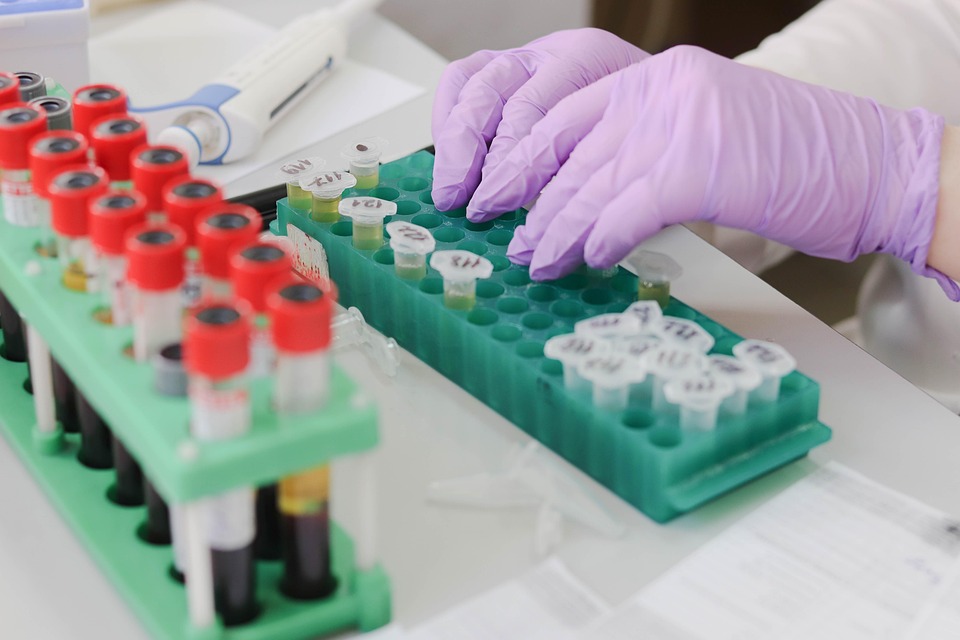Embarking on a career as a laboratory technician in the UK is an exciting journey, filled with opportunities to contribute to scientific advancements and healthcare improvements. But before you dive in, it’s crucial to navigate the paths that will lead to your success. Understanding the essentials of this career can empower you to make informed decisions, develop the necessary skills, and ultimately thrive in a laboratory environment.
1. Educational Foundations
To lay a solid groundwork, aspiring laboratory technicians often start with relevant educational qualifications. A Level 3 BTEC in Applied Science or an equivalent qualification serves as a stepping stone. Many employers also seek candidates with GCSEs in science and mathematics, as these subjects are fundamental to laboratory work.
Consider pursuing a degree in biomedical science or a related discipline if you aim for higher positions or specialisations. Alternatively, apprenticeships offer a hands-on approach to learning while earning a wage. This blend of theory and practical experience is invaluable.
2. Essential Skills Development
Technical prowess is vital in a laboratory setting, but soft skills are equally important. Here’s a breakdown of what you’ll need:
- Attention to Detail: Precision is key when conducting experiments or analysing samples. A small error can lead to significant consequences.
- Analytical Thinking: Laboratory technicians often need to troubleshoot issues and interpret complex data. The ability to think critically is indispensable.
- Teamwork and Communication: You’ll frequently collaborate with scientists and other technicians, making effective communication essential.
- Adaptability: Laboratories are dynamic environments where protocols can change. Being flexible and willing to learn new techniques is crucial.
3. Gaining Experience
Experience can set you apart in a competitive job market. Volunteering in research projects or internships can provide practical insights into laboratory operations. Many universities and colleges facilitate placements, so take advantage of these opportunities.
Networking is another powerful tool in your arsenal. Joining professional organisations, such as the Institute of Biomedical Science (IBMS), can not only enhance your knowledge but also connect you with industry professionals who may guide your career path.
4. Professional Development and Certification
Once you’ve gained some experience, consider pursuing certifications that can enhance your employability. The IBMS offers various qualifications that validate your skills and knowledge in specific areas of laboratory work.
Continuing professional development (CPD) is also crucial. Attend workshops, conferences, and seminars to stay updated with the latest advancements and best practices in the field.
5. Navigating the Job Market
When it comes to job hunting, crafting a compelling CV is paramount. Highlight your technical skills, relevant experience, and any certifications. Tailor your application to each role, showcasing your understanding of the specific laboratory’s focus.
Utilise job boards, recruitment agencies, and networking to uncover opportunities. Many laboratories in the UK are seeking technicians, especially in sectors like healthcare, pharmaceuticals, and environmental science.
Your Next Steps
As you embark on this fulfilling career, remember that the laboratory technician role is just the beginning. With the right skills, experience, and dedication, you can progress to senior roles, specialise in various fields, or even transition into research and development.
To support you on your journey, CVPortal continues to provide high-quality CV templates and references tailored to your aspirations. Embrace the journey ahead, and let your passion for science lead you to success in the laboratory!


